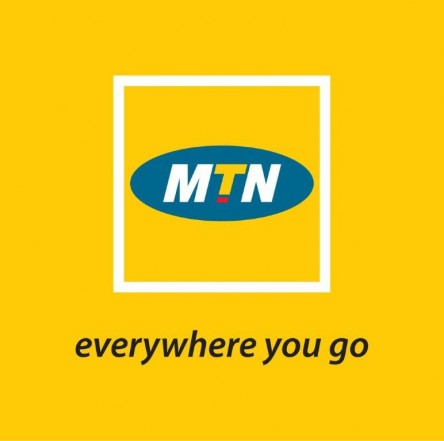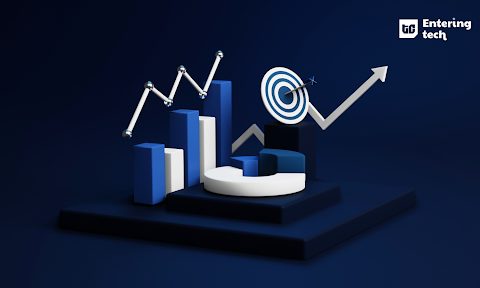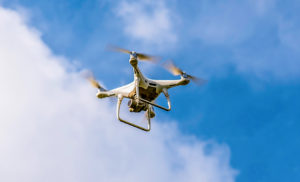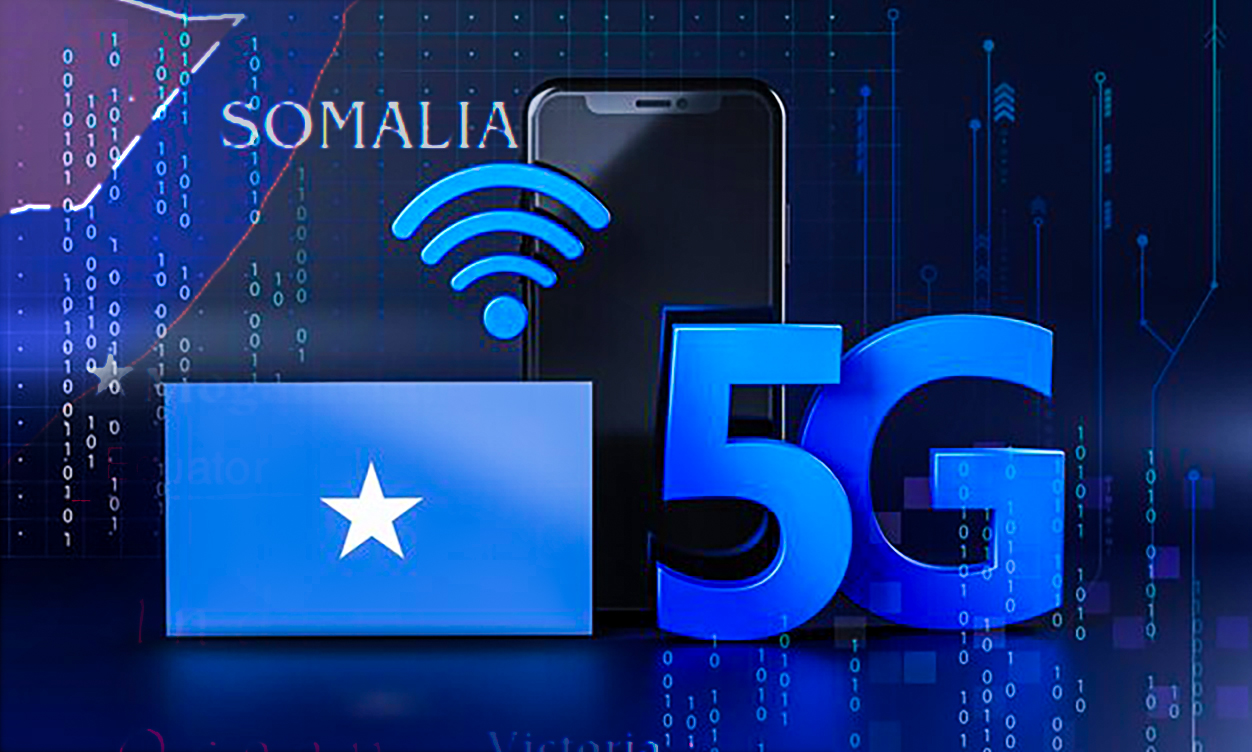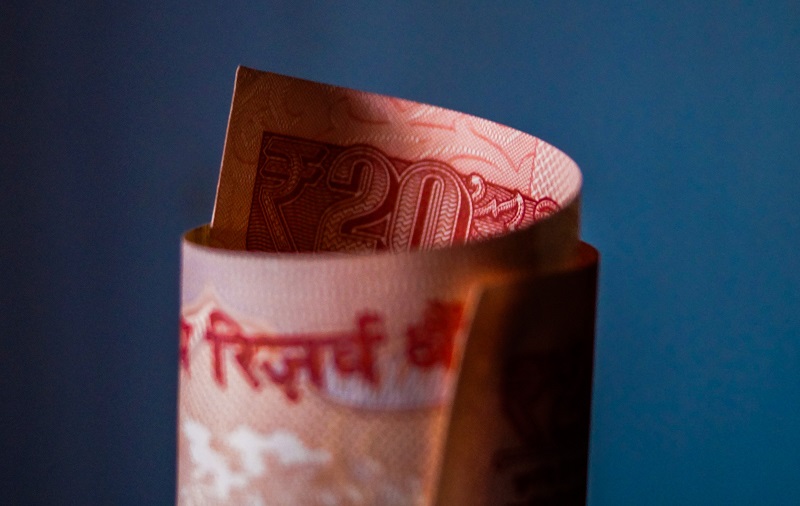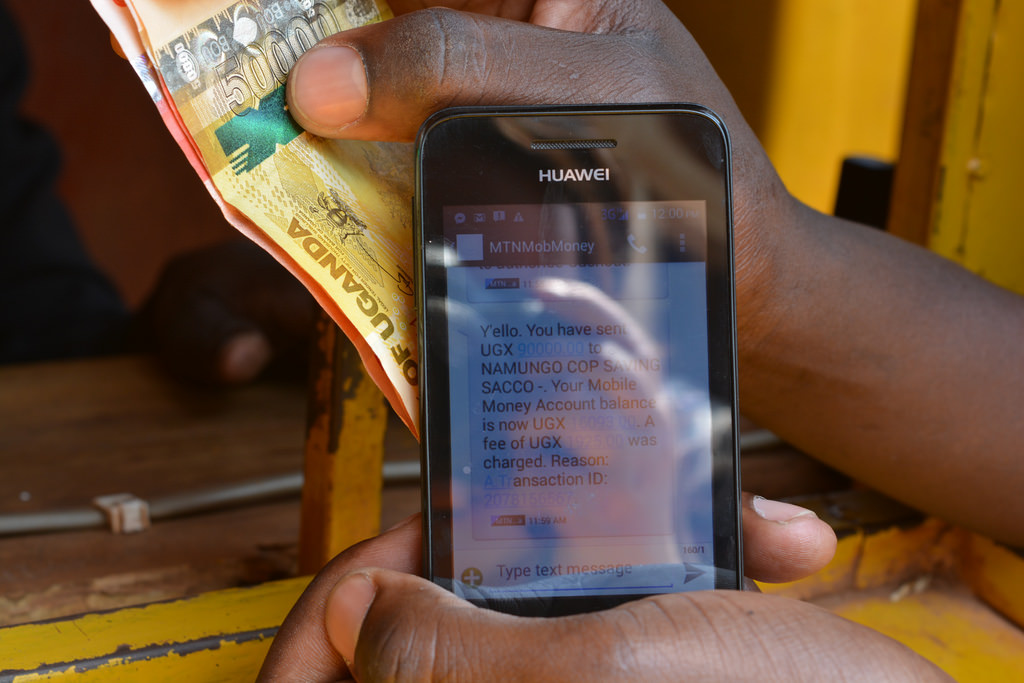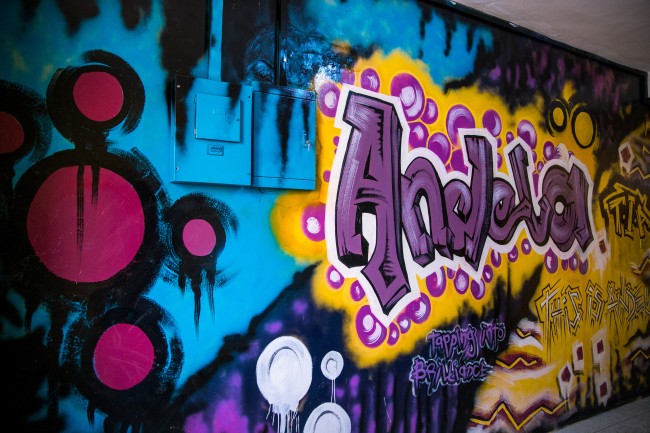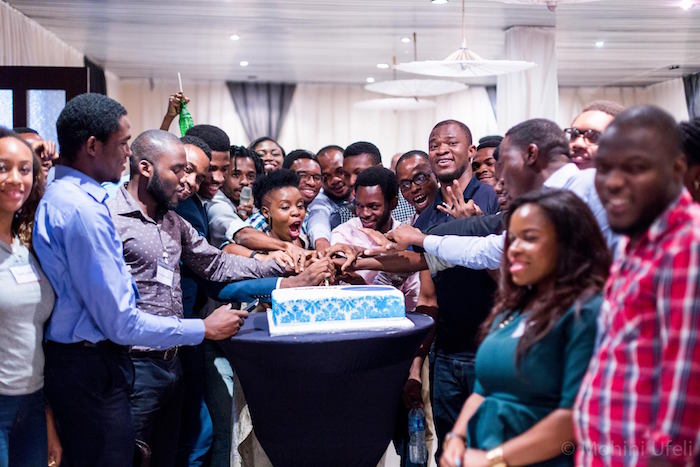In Nigeria, with the entry of the country’s largest MNO, MTN Nigeria, into the music streaming and downloads space – real downloads now, not just CRBTs (caller ring back tunes) – many have predicted the death of earlier entrants, like iroking and Spinlet. I’m not sure this is quite the case, for the reasons that follow.
First of all, it appears that you cannot access the MTN streaming service if you don’t have an MTN SIM card in your phone. MTN is probably banking on the fact that it has 46% of Nigeria’s telco market share. The flip side of this, however, is that MTN has closed off 54% of the available market.
Now, obviously it will still be a raw numbers game for a while, and of its 58m or so lines, 33m have active internet subscriptions. Converting only 10% of the users with active data plans into active app subscribers, it would still be a fairly big deal. Nevertheless, if it remains closed off to subscribers from other telcos, MTN only places an unnecessary disadvantage on itself.
Secondly, the MTN app was not developed in-house. I suppose this is not really a key factor, if clear communication with the developers is not an issue, but there’s a lot to be said for instant feedback between customer service and the development team in the early life of apps. Now, of course, many businesses commission apps, so the wheel wasn’t reinvented here. However (1) an overwhelming majority of the apps that have successfully scaled are/were not third-party developed; and (2) when the developers (Who are we?) and the rest of the team don’t exactly speak the same language (literally, in this case), I think it might make for a slower evolution of the product.
Thirdly, content will forever be king, and I foresee 2 issues here.
The first is that ambassadors of other telco brands would be reluctant to have their music available on a store that phones with their sponsors’ SIM cards cannot access (and that’s me being politically correct). Given that it’s mostly the artistes at the top of the food chain that get these endorsement deals, we’re speaking about a fairly significant content gap here.
Secondly, the Nigerian industry is quite fragmented, in the sense that there is next to no content aggregation for digital music distribution. What I mean is that unlike many countries in the world where signing up 3 or 4 record labels or aggregators would give you licenses for 60-70% of available music in the market, in Nigeria you have to obtain the rights on a record-by-record and artist-by-artist basis. This takes time, a great deal of effort and most importantly, local industry know-how. MTN might eventually surmount this (e.g. by going the expensive route of offering everyone upfront recoupable advances, with the caveat that this buried one or two earlier players) but I think first mover’s advantage will count.
MTN’s biggest advantage will be in the areas of payments and pricing. Users pay with their MTN airtime, so they won’t be affected by payment gateway outages. As they’re both the distributor and the network, they’re not waiting to collect revenues from any operational partners. Additionally, because they own the data that feeds the service, the company has a lot more latitude for creativity with pricing. At the very least, the data can be priced lower for the MTN app users than for the users of other streaming apps, meaning that users may find the MTN app cheaper. This immediately triggers competition/antitrust issues on dominance and control of access to essential facilities, but this is neither the EU nor the US, and the NCC’s Competition Regulations may not apply in the same way.
Notwithstanding this, they will quickly find that they have to contend with blogs (pirates and benevolents) who will pay to buy the “exclusive” content on the MTN music app and put it up for free within minutes. Most of these sites can be shut down but not nearly quickly enough; not before 40 other sites jack it and millions have downloaded it for free. MTN no doubt have muscle to hire the manpower necessary to battle this, but the point remains that it won’t be a free ride to the top of the digital distribution food chain.









